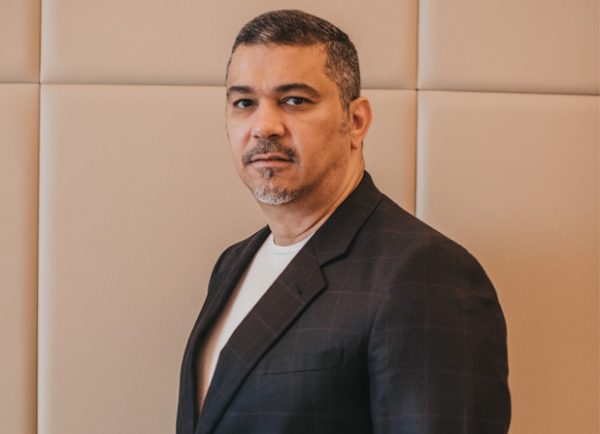
How has television advertising changed in recent years?
We live in a world where change is the only constant, not only in our region but also globally. The change is applicable in everything in our life, including advertising and media. It’s true that TV viewership dropped in the past few years, particularly amongst the youth, but it did not vanish. TV is still an important source of entertainment and credible news across the region, particularly in Saudi Arabia. On the other hand, the drop in TV ad spend and its share within the pie is unfair, and this is mainly due to the lack of trust in TV measurement and misperception about TV effectiveness. If we look at many overseas markets, we see that TV’s share of spend is on average at 25-30 per cent, compared with below 20 per cent in the GCC in 2021. This needs to be rectified.
How is technology affecting TV advertising?
Technology is the driving force behind the change in our life, and nowadays watching TV is not limited anymore to linear and traditional through antenna or dish; you can also watch TV content through video on demand (VOD) or online streaming. TV programmatic is mushrooming in many markets, leveraging technology, and it will be a key method for TV advertising in the future. I believe that in the near future TV audiences will be more tracked and measured in real-time, somehow similar to digital platforms, which hopefully will start proving TV’s high impact in a scientific and reliable way while using technology.
Where does TV sit in the marketing funnel, and is that changing?
Research globally and regionally proved that TV is the most effective medium for brand equity, brand image and long-term sales. But there’s a misperception amongst many marketers in our region, as they say, TV is not effective anymore. This is obviously not fair for TV as a medium, and we need more ROI modelling cases so everyone within the industry can work based on facts rather than perception, and each medium can take its fair share.
How are consumer tastes changing with regards to TV content?
We hear about ‘content is king’, and this is so true when it comes to TV, where the best content is transmitted. Long-duration programmes are not as popular as before and consumers are looking for relevant, entertaining and shorter duration content that they can watch based on their suitable time. Rather than following the grids of channels, VOD is becoming the norm.
How are client demands evolving?
The needs of advertisers remain the same; they simply want results, reaching out to consumers, building brands and selling. However, media consumption habits and how consumers interact with media have changed. Media vendors must evolve in line with consumer demands, or they will be out of business. We should always create advertising opportunities based on current and future consumer trends so clients can tap into them.
How have your offerings to clients evolved in the past year?
RMS realised many years back that relying on one medium is no longer sufficient, so we started expanding beyond audiovisual (TV and radio). We wanted to leverage integration and follow the consumer’s journey and new media trends. We are now offering adverting opportunities on outdoor and digital in addition to TV and radio. On top of that, we adapt our offering beyond traditional spots, selling to include branded content, engagement, consumer experience, etc.
What changes can we expect in the TV market in the coming year?
TV will remain in terms of viewership and advertising opportunities. However, we expect that TV audience measurement, which was recently launched in the kingdom of Saudi Arabia, will boost its credibility, give new confidence to advertisers and pave the way for programmatic buys on TV. Attractive and relevant content will be consumed irrespective of the screen (such as linear, VOD, online transmission, etc.). New methods for engagement and performance led campaigns (such as QR codes) leading to brands’ website actions will emerge. And hopefully, the TV will regain trust amongst clients and get a better share within the media mix.









